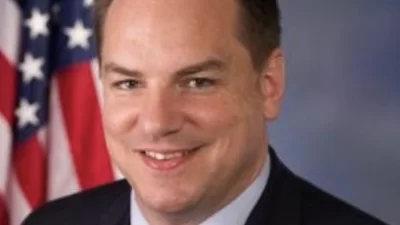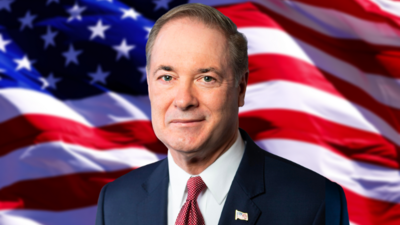Washington, DC - Finance Committee Chairman Max Baucus (D-Mont.) and Ranking Republican Member Chuck Grassley (R-Iowa) expressed concern today over new Government Accountability Office (GAO) findings that many financially vulnerable seniors aren’t taking advantage of the extra help available as part of the Medicare prescription drug benefit, and that they may be going without their prescription medications as a result. The Senators requested information from GAO for a Finance Committee hearing on May 8, to determine how well the process of enrolling beneficiaries for the extra help - known as the low-income subsidy - was working for seniors. GAO’s final report, made public today, found that despite significant outreach efforts by the Social Security Administration (SSA), many of our nation’s poorest seniors who may be eligible for extra help have not even applied. Low-income seniors are hard to identify and even harder to contact, making it very difficult for SSA to pursue potentially eligible individuals. The GAO points out that data from the Internal Revenue Service (IRS)
might be safely shared to help SSA better target potentially eligible individuals, and recommends that the agencies work together to accomplish this goal.
“SSA has done a very good job handling outreach for the low-income subsidy in the Medicare drug benefit, but too many of our nation’s poorest seniors still are not getting the help Congress provided for them. As the report says, SSA and IRS can and should do more to work together to find the folks who are eligible for extra help getting the medicines they need," Baucus said. “The vast majority of seniors are satisfied with this drug benefit, but it’s unacceptable that the problems remaining in the prescription drug benefit seem to disproportionately affect those who can least afford medicines on their own. The Finance Committee is going to make sure that Medicare pays more attention to low-income seniors and get this benefit working right for them."
Grassley said, “Helping seniors most in need was a fundamental goal of the drug benefit. To a large extent, that goal is being met. About 10 million of beneficiaries, including 9 million in part D, now have comprehensive drug coverage with little or no cost-sharing. Experience with other assistance programs shows that it’s challenging to find people and to help them apply for assistance. The Social Security Administration (SSA) deserves credit for its effort to get people signed up for the extra help in a very short time frame. But the fact that various estimates indicate that more than three to four million beneficiaries may be eligible for the extra help, but have not applied, suggests that it might be time for the SSA to retool its outreach efforts. If the current methods haven’t found these people by now, I don’t have much confidence that they ever will and eligible beneficiaries won’t know about the help available to them. The Government Accountability Office (GAO) has laid out a series of steps that can be taken to fine-tune outreach strategies and to identify these hard to reach beneficiaries. I look forward to working with the SSA, the Centers for Medicare &
Medicaid Services (CMS) and the Internal Revenue Service (IRS) on exploring the feasibility of the GAO’s recommendations."
The GAO report, “Medicare Part D Low-Income Subsidy: Additional Efforts Would Help Social Security Improve Outreach and Measure Program" (GAO-07-555), will be available online at www.gao.gov this afternoon. The GAO found that the Social Security Administration approved
2.2 million Medicare beneficiaries for the low-income subsidy as of March 2007. Estimates of those eligible for the subsidy but not enrolled range from 3.4 million to 4.7 million American seniors. The report indicates that it is very difficult to identify and to reach many of those eligible.
According to the new report, SSA’s efforts to solicit applications for the low-income subsidy were also hindered by beneficiaries’ confusion about how the subsidy and Part D enrollment processes work. Baucus and Grassley said today that this confusion could be reduced with additional educational outreach efforts.
As the Finance Committee continues its oversight of all aspects of the Medicare prescription drug benefit, the Senators intend to work with SSA, IRS and the rest of the Administration to make sure every avenue is pursued to help low-income seniors get the medicines that they need.
Source: Ranking Member’s News









